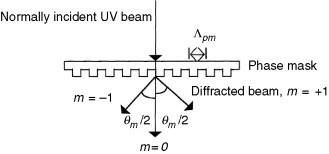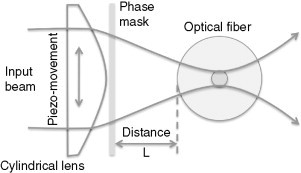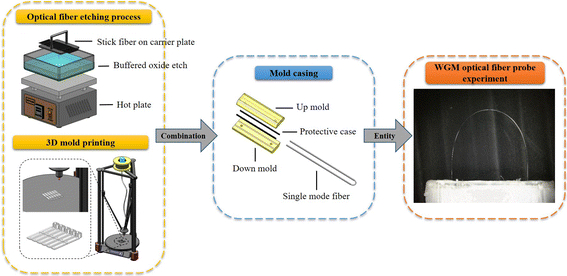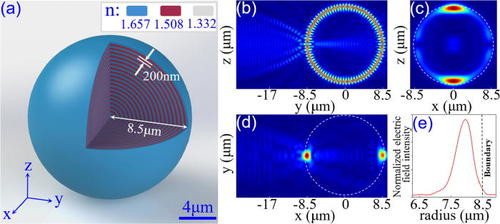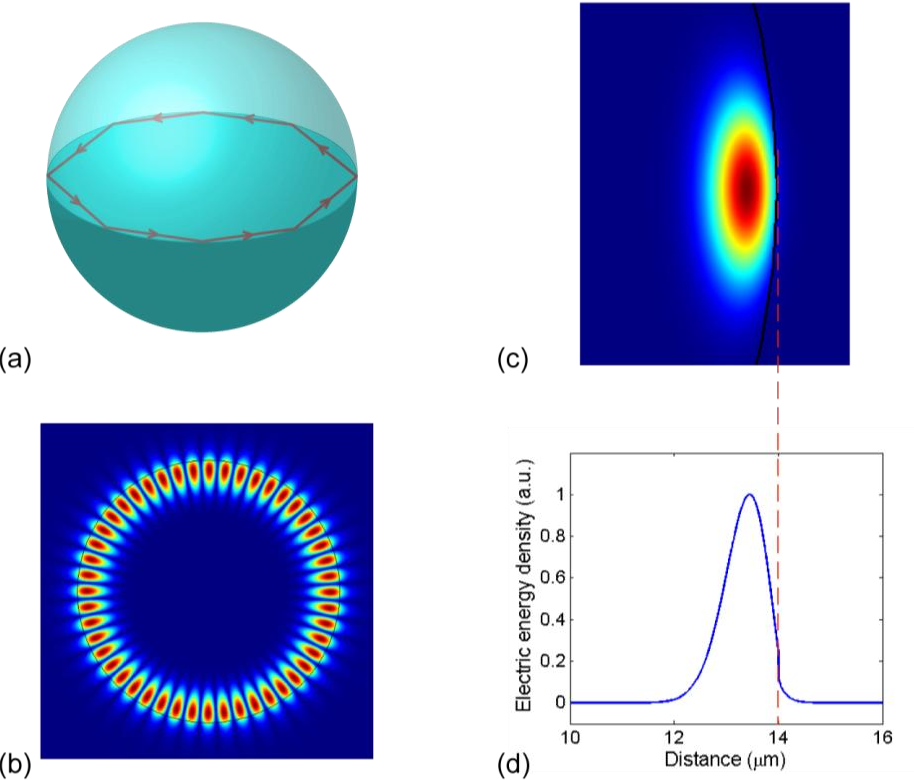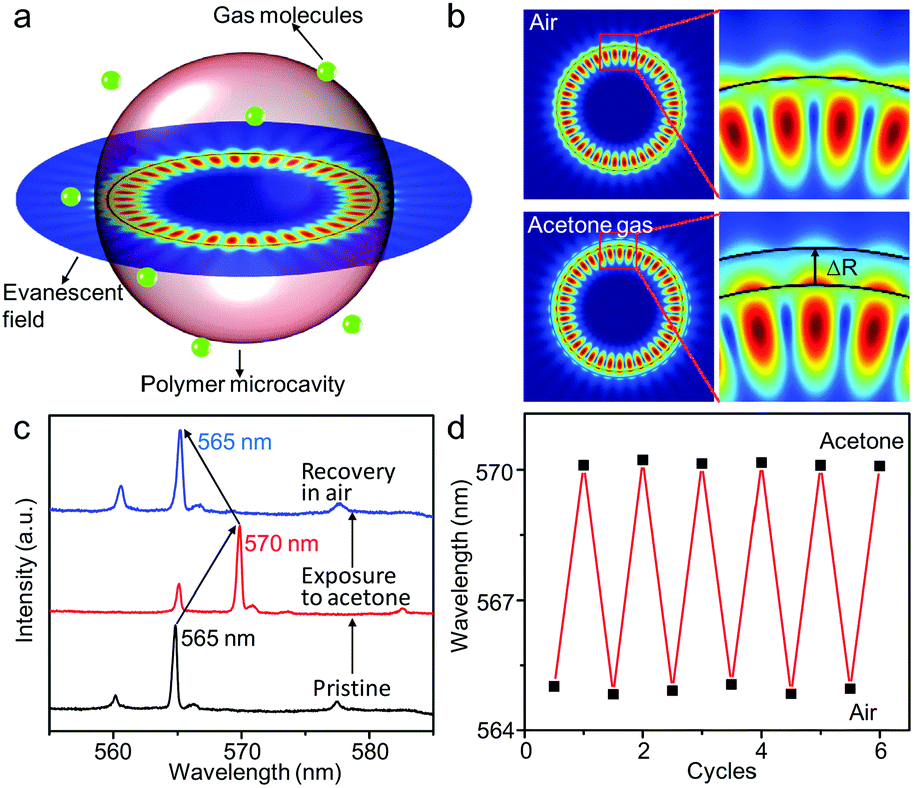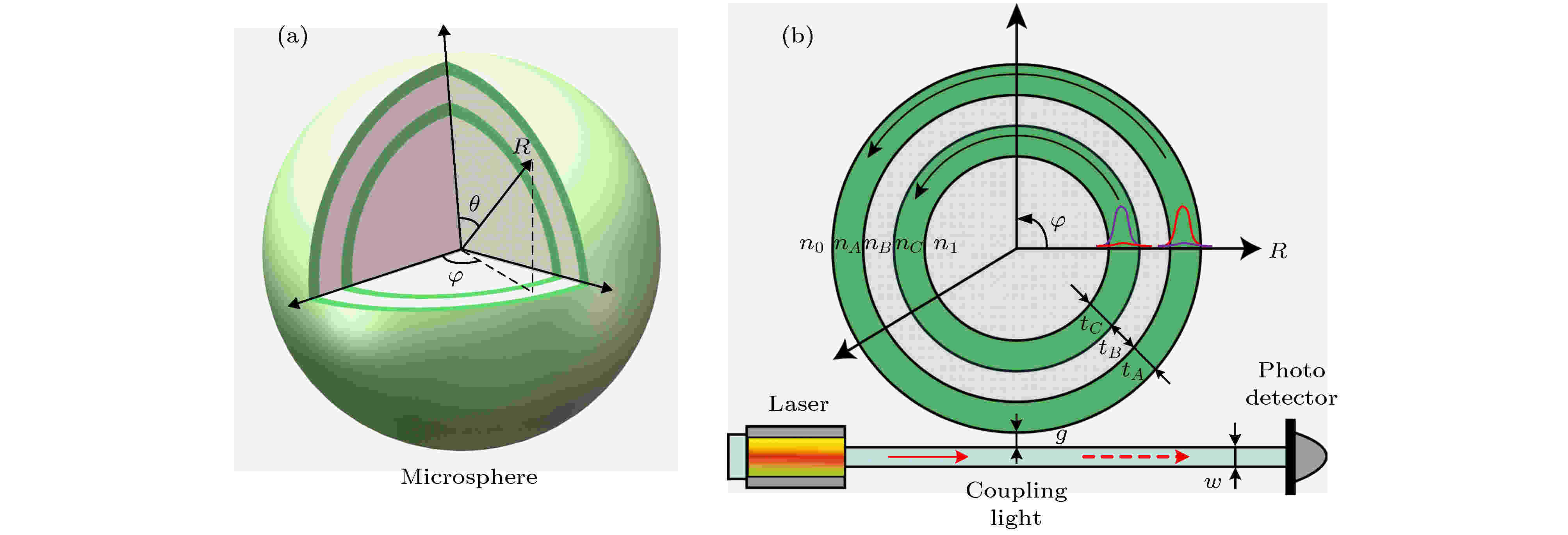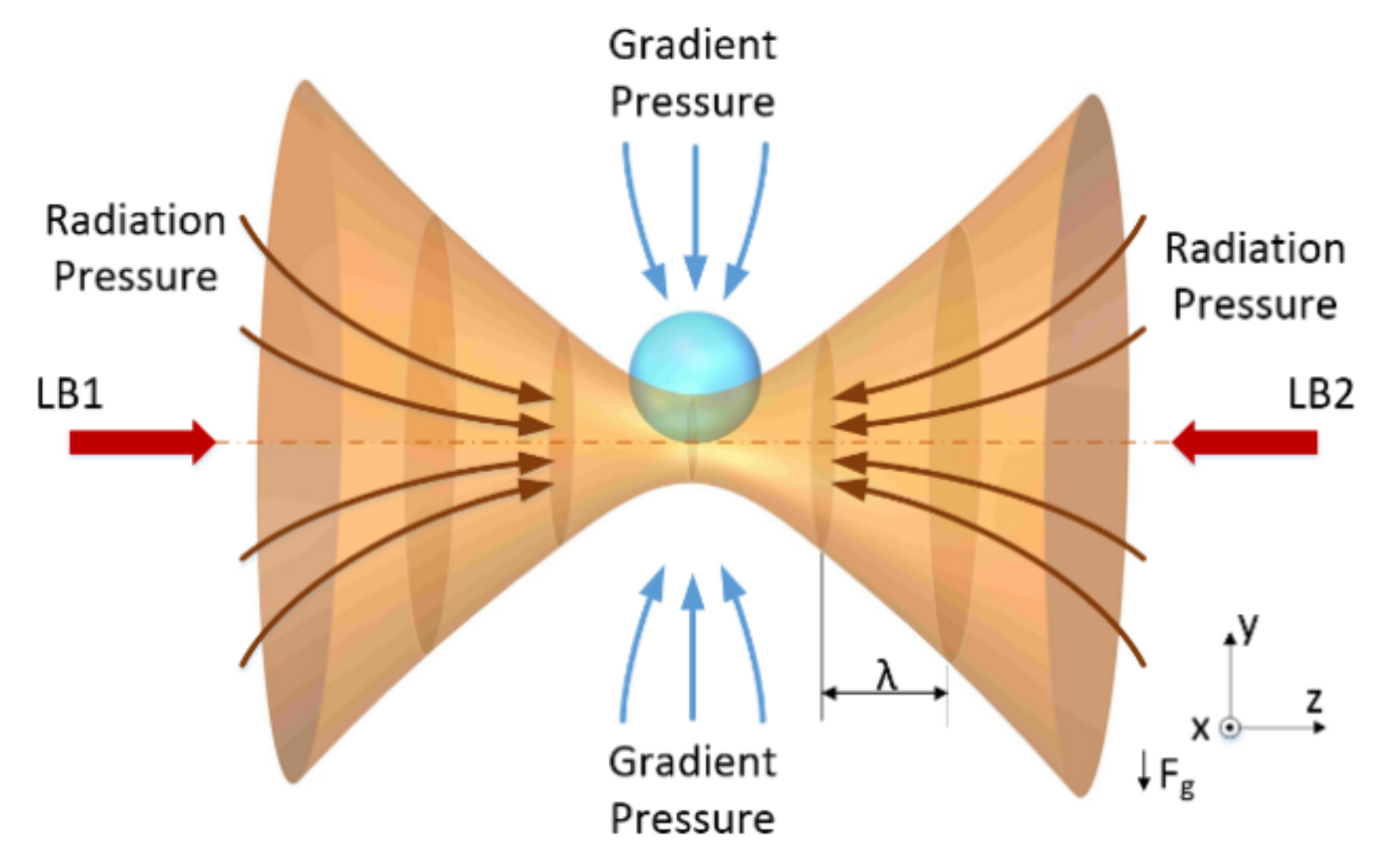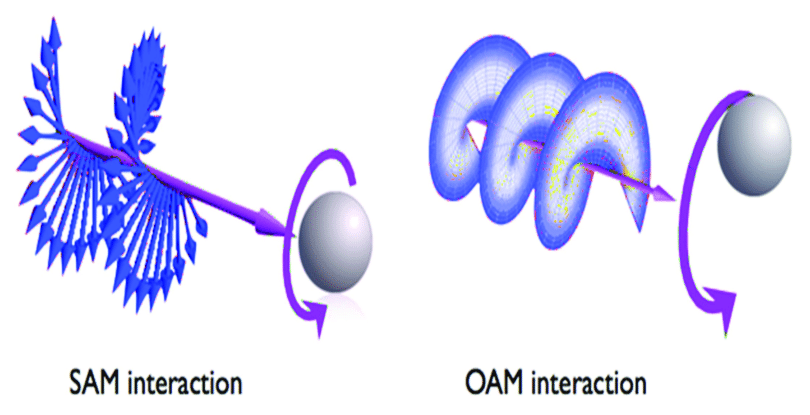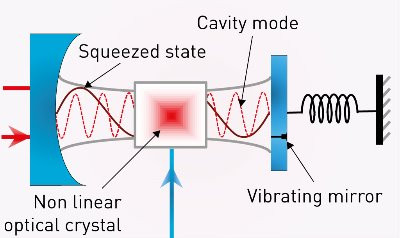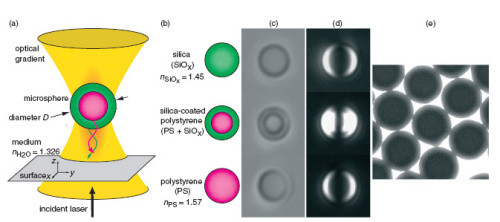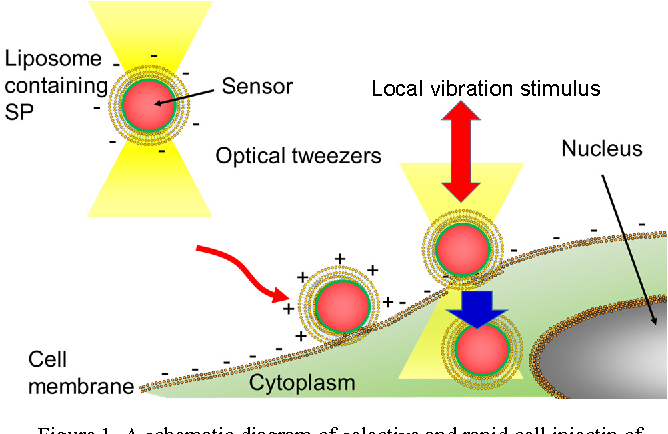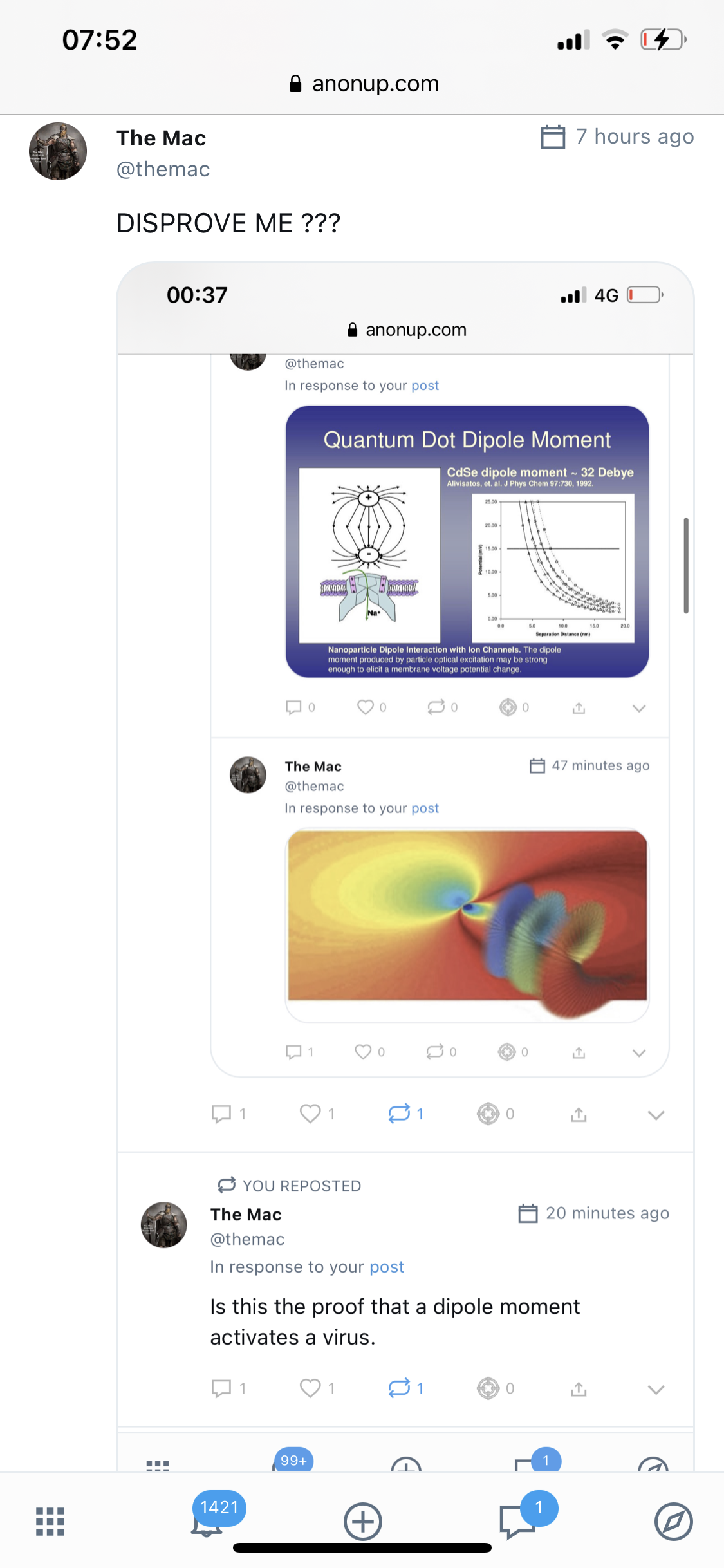Who condoned using nanoparticles that are activated by a dipole moment to harm their own people?
Evil bastards.
Kiwi. Truther ,Like Trump, WWG1WGA
yeah they are, thats the thing tho Mac-they dont consider us their people.
.puppetmasters pulling strings of their puppets- govt is a big puppet. aka. corporations masquerading as govts
,whos behind them-big money
Elastomeric stamps produced by soft lithographic techniques67 can be used as phase masks for near-field, contact-mode photolithography.1 The technique relies on the phenomenon of significant reduction in intensity of light around the perimeters of relief structures on a phase mask in contact with a substrate bearing a film of photoresist.
Irradiation of the mask in contact with the substrate produces lines in positive photoresist and trenches in negative photoresist that can be significantly thinner than the broadband, incoherent light source used for irradiation. Resolution of 50 nm has been demonstrated.174,175 For a detailed quantitative description of the mechanism of the process, see the work by Li et al.,30 Rogers et al.,33 and Paul et al.173
Patterns in photoresist produced by this simple and inexpensive technique can be transferred to the substrate using RIE or to thin films using typical liftoff procedures. To date, the patterns formed by phase-shifting edge lithography have been used to fabricate several structures: single-crystalline nanowires of Si,176 gold, and silica nanowires on planar33 and nonplanar substrates,32 aperture elements for mid-infrared frequency-selective surfaces,177 and single-crystalline nanowires of silicon.176 In combination with etching, physical vapor deposition, and liftoff, phase-shifting photolithography has been employed by Odom and co-workers for the fabrication of mesoscale pyramids with plasmonic properties,178,179 or combined with controlled undercutting to produce other periodic arrays of structures.103
11.1.3 Femtosecond Laser Writing with a Phase Mask
The small coherence length of the fs laser poses some constraints on the writing of FBGs with a phase mask. First, it is not possible to write FBGs with a standard tunable Talbot interferometer by scanning (see Figs. 3.5, 3.7–3.8), because the coherence length is too short to give a uniform visibility over the length of the grating more than a few microns long. The different wavelength components of the fs pulse diffract at different angles and therefore do not overlap at the same point at the fiber. Second, tuning the interferometer increases the walkoff between the wavelength components and thus cannot produce good visibility fringes. However, the phase mask may be used to scan a grating into a fiber by placing it directly in front of the fiber (see Fig. 3.12 and Fig. 11.8).
This study proposes a method for manufacturing a whispering gallery mode (WGM) optical fiber probe used for measuring glucose. The principle of the WGM optical fiber probe consists of the bending interference that occurs between the core mode and cladding mode. 3D printing technology was used to create a mold for the optical fiber sensor so that th...
This paper reports the observation of optically pumped whispering gallery mode (WGM) lasing emission from dye-doped emulsion microdroplets of cholesteric liquid crystals (CLCs) suspended in an immiscible aqueous environment. The higher index contrast between the immersion liquid and CLC microdroplet contributes to the generation of WGM resonance so that lasing emission can be realized in the CLC microdroplet via total internal reflection. The WGM lasing nature is verified by numerical simulations as well as experiment of size-dependent lasing action. The lasing wavelength depends on the refractive index of the CLC microdroplet and can be tuned by varying the temperature. A tuning range of 9.1 nm within 6 °C temperature interval is realized in a 20-μm-diameter microdroplet. Such a temperature tunable microlaser is promising for applications of flexible photothermic device.


